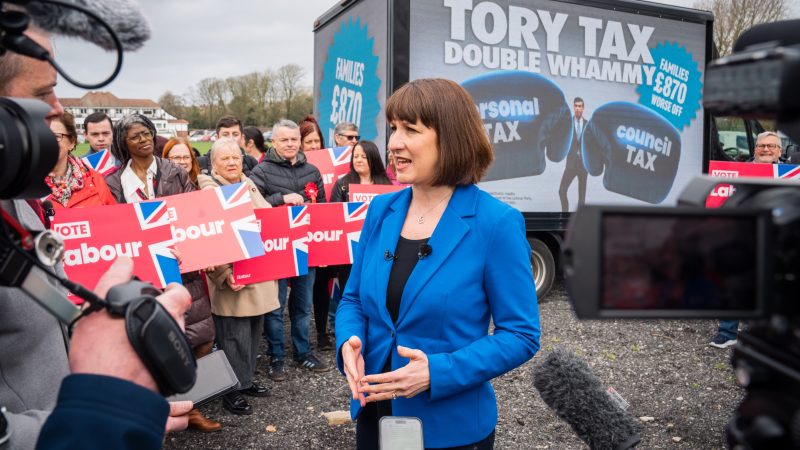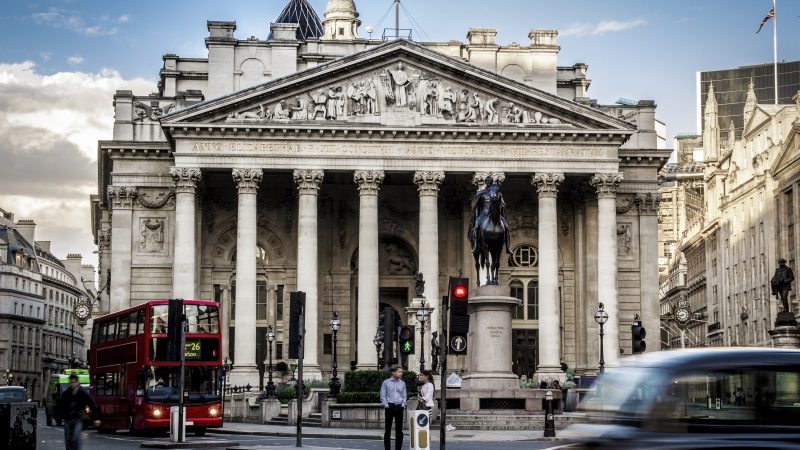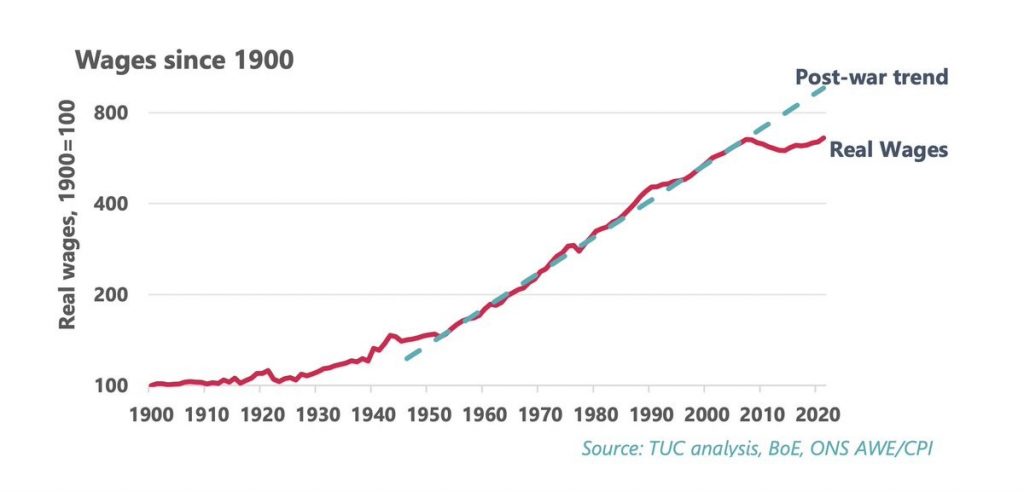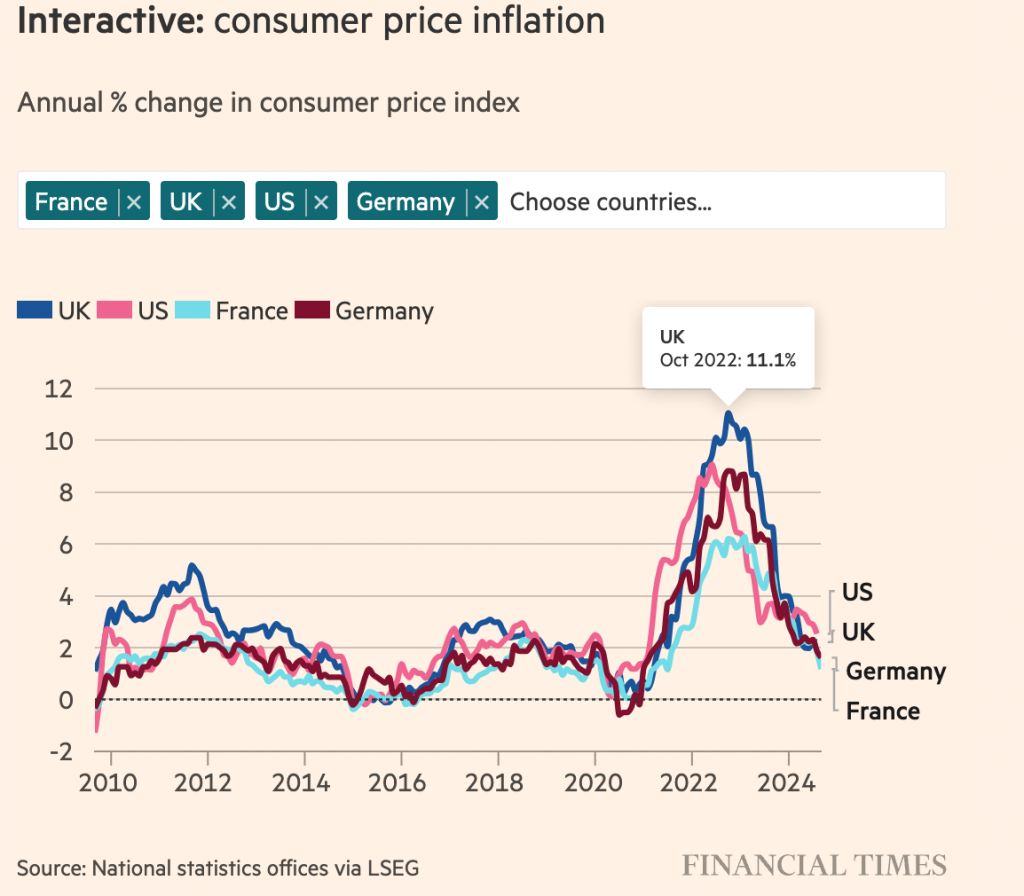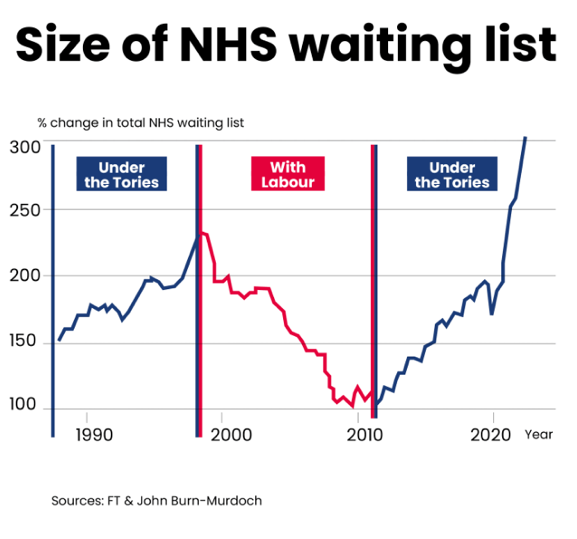By AFP
October 13, 2024

The United Nations peacekeeping mission UNIFIL says it has come under repeated fire in the Israel-Hezbollah war - Copyright AFP/File -
UN Secretary-General Antonio Guterres on Sunday denounced attacks that have injured several peacekeepers in southern Lebanon, his spokesman said, as Israeli forces move against Hezbollah militants.
“UNIFIL personnel and its premises must never be targeted,” Stephane Dujarric said, referring to the blue-helmeted international force. “Attacks against peacekeepers are in breach of international law…(and) may constitute a war crime.”
“In a deeply worrying incident that occurred today, the entrance door of a UN position was deliberately breached by IDF armored vehicles,” he added in a statement.
At least five peacekeepers have been wounded in recent days as Israel targets Hezbollah in southern Lebanon.
UNIFIL, a mission of about 9,500 troops of various nationalities created following Israel’s 1978 invasion of Lebanon, has accused the Israeli military of “deliberately” firing on its positions.
Dujarric urged “all parties, including the IDF, to refrain from any and all actions that put our peacekeepers at risk,” referring to Israel’s army.
Israeli Prime Minister Benjamin Netanyahu called on Guterres on Sunday to move peacekeepers deployed in south Lebanon out of “harm’s way”, saying Hezbollah was using them as “human shields”.
UNIFIL has refused to leave its positions.
Oct. 13, 2024

The base of the United Nations Interim Forces in Lebanon in Ebel El Saqi Marjeyoun District, southern Lebanon, is pictured on Thursday. Two peacekeepers were wounded after an Israeli tank fired toward an observation tower at UNIFIL's headquarters in Naqoura, directly hitting it and causing them to fall, Photo by EPA-EFE
Oct. 13 (UPI) -- The United Nations' peacekeeping force in Lebanon has warned Israel for the fourth time in as many days against "further flagrant violation of international law."
The warning Sunday came after peacekeepers in Lebanon were forced to undergo treatment after they were injured by smoke that entered its camp near Ramyah in the early morning hours.
The peacekeeping force, known as UNIFIL, said three platoons of Israeli fighters breached the main gate of its camp with tanks and forcibly entered to demand that the peacekeepers leave to aid Israel in its assault on Lebanon.
The Israeli fighters crossed the so-called Blue Line, a demarcation line drawn by the United Nations in 2000 to confirm Israel's withdrawal of troops from southern Lebanon after years of occupation.
"For the fourth time in as many days, we remind the IDF and all actors of their obligations to ensure the safety and security of U.N. personnel and property and to respect the inviolability of U.N. premises at all times," UNIFIL said in a statement on Telegram.
"Breaching and entering a U.N. position is a further flagrant violation of international law and Security Council resolution 1701 (2006). Any deliberate attack on peacekeepers is a grave violation of international humanitarian law and Resolution 1701."
Issued on: 14/10/2024 - 07:16

2024-10-14 07:08 'The UN said that Israeli tanks destroyed the gates of the base of its peacekeeping force in southern Lebanon'
Issued on: 14/10/2024 -

The UN peacekeeping mission in southern Lebanon said Israeli tanks “forcibly entered” one of its positions on Sunday, as Israeli Prime Minister Benjamin Netanyahu demanded it leave the area. International criticism is growing after Israeli forces have repeatedly fired on UN peacekeepers since the start of its ground operation in Lebanon. Five peacekeepers have been wounded in attacks that struck their positions in recent days, most of them blamed on Israeli forces.



